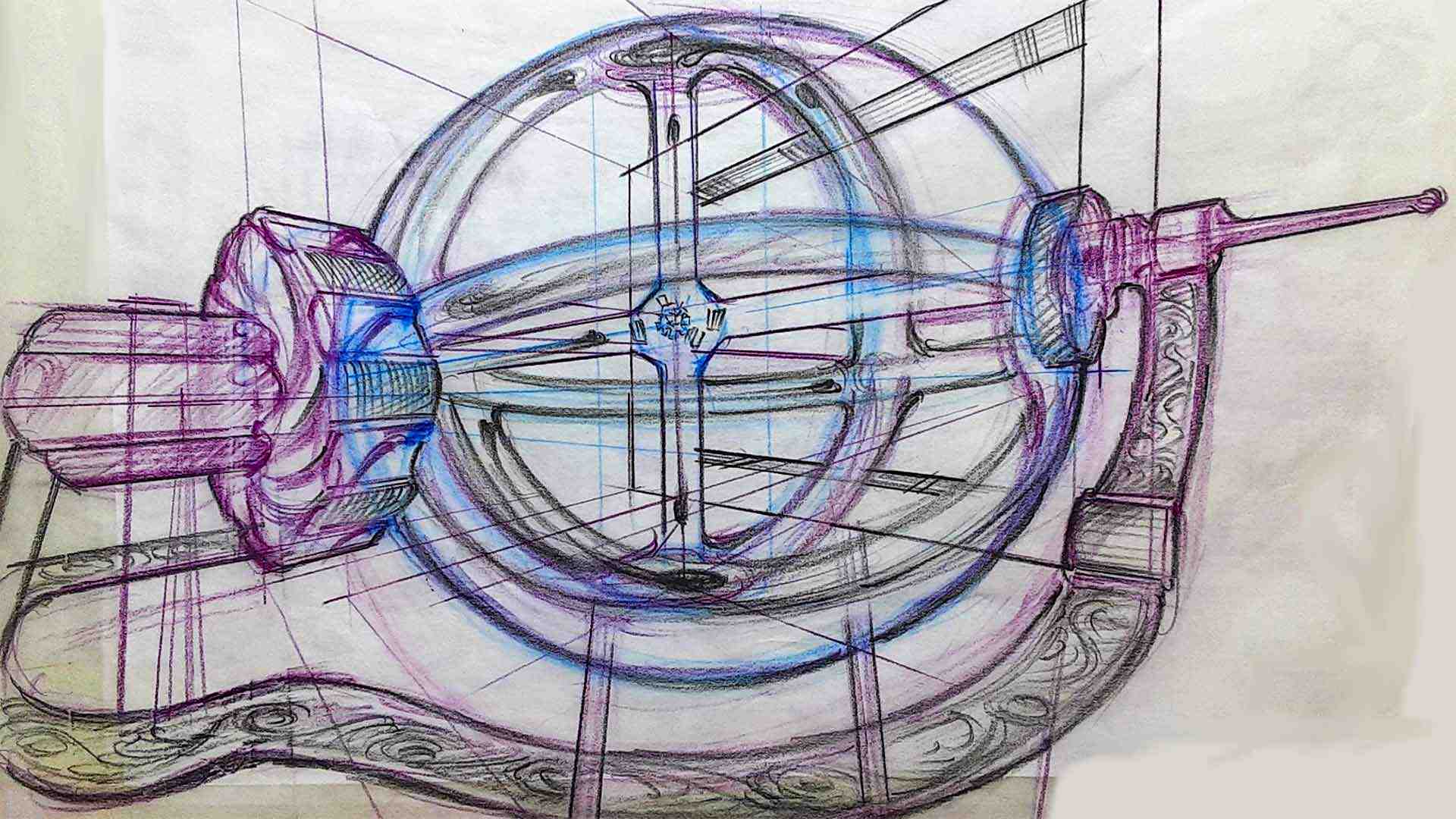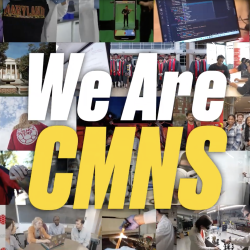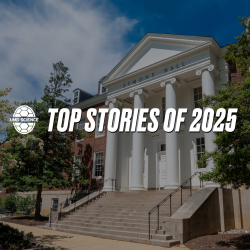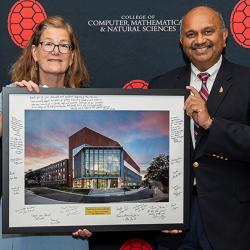Maryland Quantum-Thermodynamics Hub Launches With $2M Grant
Emerging Field Combines Modern Physics With Victorian-era Science

The University of Maryland is hosting a new $2 million project aimed at making the state of Maryland a central hub for research in the emerging field of quantum thermodynamics, which studies the rules that govern how energy flows in quantum systems.
The Maryland Quantum-Thermodynamics Hub, supported by a grant from the Templeton Foundation, will bring together researchers from several universities to galvanize a field that is central to understanding the workings of our universe and to developing robust quantum technologies, ranging from a new class of computers to secure communications networks. It will be based in the Institute for Physical Science and Technology at UMD.
Leading the project at UMD are Christopher Jarzynski, a Distinguished University Professor with appointments in chemistry and biochemistry and in physics, and Nicole Yunger Halpern, a fellow in the Joint Center for Quantum Information and Computer Science (QuICS) and a scientist at the National Institute of Standards and Technology.
“We’re delighted at the support that UMD institutions, including IPST, have demonstrated for establishing this hub and for quantum thermodynamics in general,” said Yunger Halpern. “We look forward to building a North American lodestone for quantum thermodynamics, inspired by our international peers.”
[Mapping the Quantum Frontier: UMD Expands Its Footprint as the ‘Capital of Quantum’]
In the quantum world, you don’t need to just think about the movement of energy and particles—as in traditional thermodynamics—but also about the movement of information in uniquely quantum ways. The thermodynamic rules of quantum systems require significant additional research before physicists can understand them as well as they do the established laws of thermodynamics that govern heat flow in things like refrigerators, steam engines and rocket thrusters.
The Maryland hub team is not scrapping traditional thermodynamics completely, however. Instead, it is combining physicists’ established understanding with the modern tools of quantum physics and information processing to develop deeper insights.
The scientists involved in the Maryland Quantum-Thermodynamics Hub say they’re not only interested in a richer understanding of quantum physics and its use in technology, but also how it connects to the flow of time and the laws of classical physics we constantly see playing out in everyday life.
In addition to cutting-edge research, the hub team also plans to organize symposia, seminars, an international conference, a visitors program and a science-fiction short-story contest.
In addition to Jarzynski and Yunger Halpern, senior personnel involved include University of Maryland, Baltimore County Associate Professor of Physics Sebastian Deffner; UMD Assistant Research Scientist Luis Pedro García-Pintos, who is also a member of the Joint Quantum Institute and QuICS; University College Dublin Assistant Professor Steve Campbell; University of Southern California Quantum Information Scientist Amir Kalev, who was formerly a Hartree postdoctoral fellow at QuICS; and Arizona State University Assistant Professor Kanu Sinha, Ph.D. ’15.






